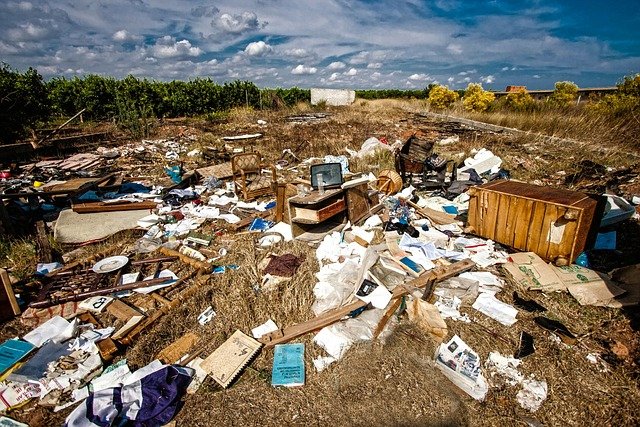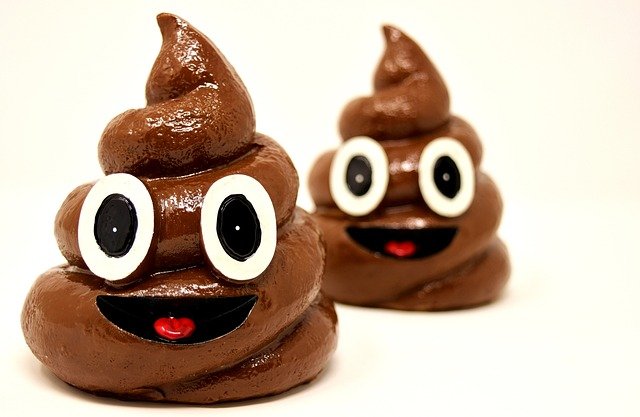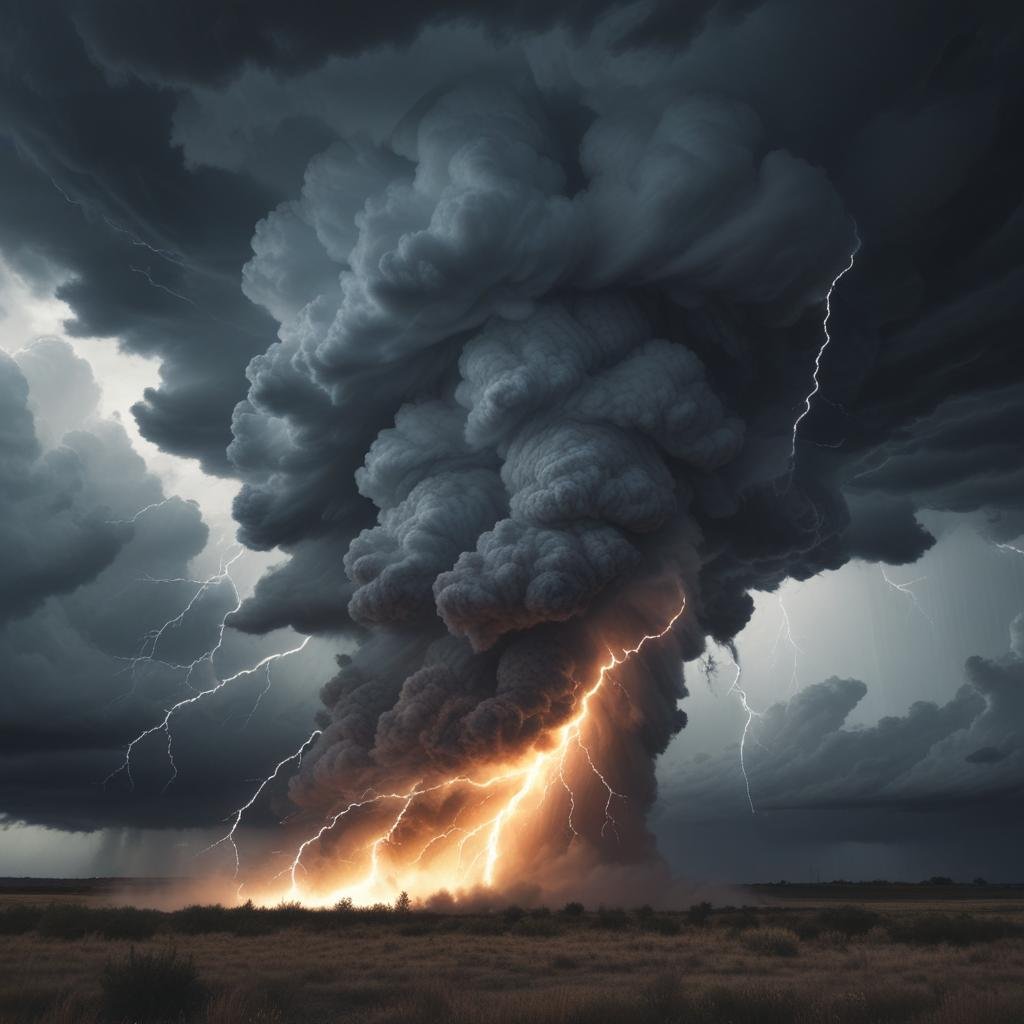Ah, “shithole.” A word that can make you chuckle, cringe, or even spark a heated debate. But where did this blunt, evocative term come from? Let’s take a hilariously enlightening journey through its history and usage.
The Origins: A Word is Born
Straight from the Bowels of Old English
Our story begins in the dusty annals of Old English, a time when words were as straightforward as they come. The word “shithole” is a glorious combination of “shit,” which we’ve already delved into, and “hole,” a term that’s delightfully simple. Put them together, and you’ve got yourself a term that’s as literal as it gets. Imagine medieval folks wandering around, pointing at particularly nasty spots, and saying, “That there is a real shithole.”
While Old English didn’t specifically coin “shithole,” the components were all there. People talked about scitan (to defecate) and hol (a hollow place). You can almost picture a medieval bard coming up with it on a particularly rough day: “Hark! This is the filthiest shithole I’ve ever seen!”
Medieval Inspirations
Fast forward a bit to the muck and mire of medieval Europe. Hygiene wasn’t exactly top-notch, and sanitation systems were, well, non-existent. Cesspits, ditches, and rudimentary outhouses were the norm, and let’s be honest, they were total shitholes. Picture it: A medieval village, mud everywhere, pigs running amok, and a communal pit for human waste. Prime real estate for the term “shithole” to come into its own.
It’s easy to imagine villagers pointing out particularly foul spots with a grimace and a nod, dubbing them shitholes. These were places you avoided unless you had no other choice, and the term likely spread like, well, manure on a field.
A Word for Every Hole
The beauty of “shithole” is its versatility. Any nasty, unpleasant place could earn the title. That dark, dank corner of the castle where refuse was tossed? Shithole. The alley behind the tavern where the chamber pots were emptied? Absolute shithole.
Medieval life was tough, and people didn’t have time for niceties. When something was terrible, they called it what it was. And if it was really terrible, it got the ultimate dishonor: shithole.
The Evolution: Rising Through the Ranks
Grit and Grime of Everyday Use
As society advanced (thankfully, sanitation did too), “shithole” evolved. It became the go-to word for any place that was particularly filthy, poorly maintained, or just plain unpleasant.
Soldiers in muddy trenches, sailors on decrepit ships, factory workers in grimy buildings—all had ample opportunity to mutter about the “shitholes” they found themselves in. It’s the kind of word that thrives in tough conditions, much like a linguistic cockroach.
Industrial Revolution Revelations
Fast forward to the Industrial Revolution, and “shithole” truly found its stride. Factories were springing up, and with them came horrendous working conditions. Picture soot-covered workers, covered in grime, looking around their crumbling, poorly lit workspaces and thinking, “What a shithole.”
Urban areas weren’t much better. Slums and overcrowded tenements became the norm in rapidly growing cities. People lived in cramped, unsanitary conditions, and “shithole” became the word on everyone’s lips. It was a term that encapsulated the frustration and filth of industrial life.
War Zones and Shitholes
The trenches of World War I were prime examples of shitholes. Soldiers lived in muddy, rat-infested ditches, with the constant threat of enemy fire and disease. Letters home were likely filled with references to the “shithole” conditions they endured.
World War II and subsequent conflicts continued the tradition. Any soldier who found themselves in a particularly dire situation could be heard muttering about the “shithole” they were stuck in. It was a term that provided a small, bitter laugh in the face of adversity.
Literary Cameos
While not as prominent in classic literature (Jane Austen’s characters wouldn’t be caught dead using it), “shithole” found its place in the gritty realism of modern writing. Authors and screenwriters love it for its blunt force and vivid imagery.
Think noir detective novels where the PI describes his office as a “shithole” or gritty war memoirs that don’t shy away from the harsh realities of combat zones. “Shithole” adds a layer of authenticity and grit to stories, making them feel raw and real.
Pop Culture Pizzazz
The advent of television and film brought “shithole” to a wider audience. Characters in gritty dramas, comedies, and action flicks used the term to describe everything from rundown apartments to war-torn cities. It became a staple of pop culture, perfectly capturing the essence of places that were, quite frankly, awful.
In sitcoms, you might hear a character walking into a disastrously messy room and declaring, “What a shithole.” In movies, it’s often used to describe the villain’s lair or the hero’s less-than-glamorous living conditions. Think of a down-on-their-luck protagonist showing their new, dirt-cheap apartment that’s barely livable. “Well, it’s a shithole, but it’s my shithole,” they might say with a wry smile. It’s a word that adds color, humor, and a touch of reality to any scene.
Modern Day Use: The Swiss Army Knife of Insults
Political Potshots
Ah, the modern political arena, where words are weapons and “shithole” is a linguistic nuke. In recent years, “shithole” has burst onto the political stage with all the subtlety of a bull in a china shop. It’s been used to describe places deemed undesirable, sparking debates and discussions about propriety, diplomacy, and respect. Let’s just say, if words were fireworks, “shithole” is the one that sets off the grand finale.
When a certain world leader famously used the term to describe other countries, it caused a media frenzy. Headlines screamed, pundits debated, and late-night comedians had a field day. Whether you agree with its usage or not, one thing is clear: “shithole” knows how to make an entrance and keep people talking.
Everyday Insults
For the average Joe or Jane, “shithole” is the ultimate insult for a place. Your rundown apartment with a leaky ceiling and questionable mold? Shithole. That dodgy bar with sticky floors and patrons who look like they stepped out of a zombie apocalypse? Total shithole.
It’s a word that conveys disdain with a dash of humor. Because, let’s face it, calling something a “shithole” is kind of funny, in a dark, sarcastic way. It’s the verbal equivalent of rolling your eyes and shaking your head in exasperation. When your friend invites you to their new “fixer-upper” and you see it’s barely standing, “shithole” is the only appropriate response.
Social Media and Meme Culture
In the age of the internet, “shithole” has taken on a life of its own. Memes featuring dilapidated houses, messy rooms, and chaotic workplaces are often captioned with the word. It’s become a shorthand for calling out life’s little disasters and sharing a laugh over shared experiences.
Instagram influencers might ironically label their less-than-perfect travel destinations as “shitholes,” while YouTubers give tours of the worst apartments they’ve lived in, dubbing them “total shitholes.” It’s a word that’s both a critique and a badge of honor in the digital age.
Conclusion
So, there you have it: the gloriously grimy history of “shithole.” From its humble beginnings in the muck and mire of history to its starring role in modern vernacular, this word has traveled a long and winding road.
So next time you find yourself in a less-than-ideal spot, take a moment to appreciate the history behind the term “shithole.” It’s more than just a word; it’s a testament to human resilience, our sense of humor, and our eternal struggle against the forces of grime. Because when life gives you lemons, sometimes you just have to call them “shitholes” and laugh about it.




